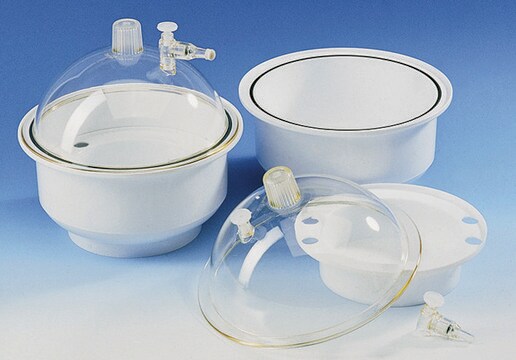AB1528SP
Anti-Nerve Growth Factor-β Antibody
Chemicon®, from sheep
Synonym(s):
NGFbeta
About This Item
IHC
WB
immunohistochemistry: suitable
western blot: suitable
Recommended Products
biological source
sheep
Quality Level
antibody form
purified immunoglobulin
antibody product type
primary antibodies
clone
polyclonal
species reactivity
chicken, human, rat, mouse
should not react with
bovine
manufacturer/tradename
Chemicon®
technique(s)
ELISA: suitable
immunohistochemistry: suitable
western blot: suitable
NCBI accession no.
UniProt accession no.
shipped in
dry ice
target post-translational modification
unmodified
Gene Information
human ... NGF(4803)
Specificity
Immunogen
Application
Immunoblotting: 1-10 μg/mL
ELISA: 1-10 μg/mL
Inhibition of biological activity in vitro: 1-10 μg/mL
BIOLOGICAL ACTIVITY: Neutralizes NGF, but not other neurotrophins.
Optimal working dilutions must be determined by the end user.
Neuroscience
Neurochemistry & Neurotrophins
Linkage
Physical form
Storage and Stability
Legal Information
Disclaimer
Not finding the right product?
Try our Product Selector Tool.
Storage Class Code
13 - Non Combustible Solids
WGK
WGK 3
Flash Point(F)
Not applicable
Flash Point(C)
Not applicable
Certificates of Analysis (COA)
Search for Certificates of Analysis (COA) by entering the products Lot/Batch Number. Lot and Batch Numbers can be found on a product’s label following the words ‘Lot’ or ‘Batch’.
Already Own This Product?
Find documentation for the products that you have recently purchased in the Document Library.
Our team of scientists has experience in all areas of research including Life Science, Material Science, Chemical Synthesis, Chromatography, Analytical and many others.
Contact Technical Service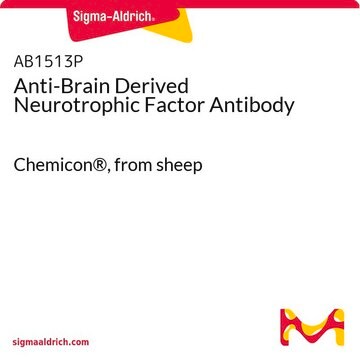
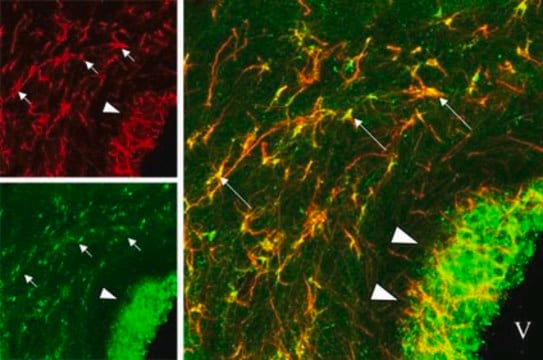

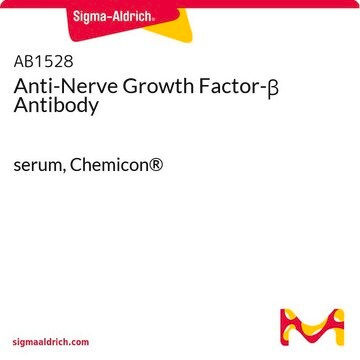
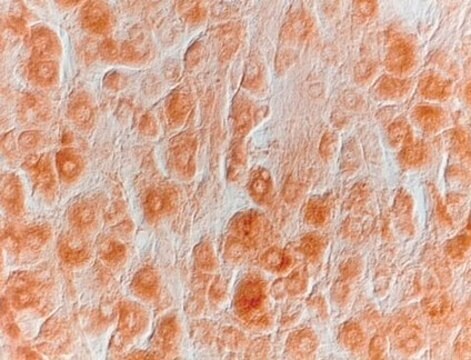
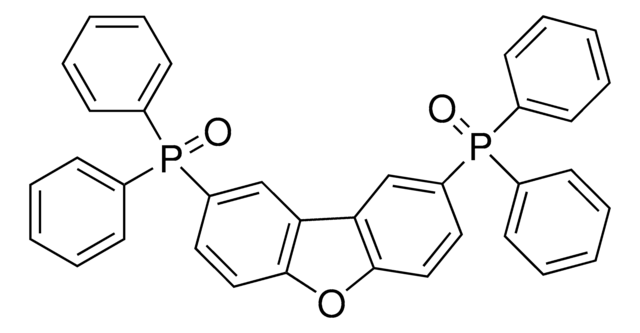
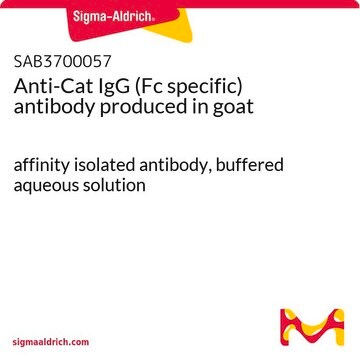
![(S,R,R)-(+)-(3,5-Dioxa-4-phosphacyclohepta[2,1-a:3,4-a′]dinaphthalen-4-yl)bis(1-phenylethyl)amine 95% (HPLC)](/deepweb/assets/sigmaaldrich/product/structures/366/790/7555ef31-5d0b-45c9-ad40-5dfd0fe85125/640/7555ef31-5d0b-45c9-ad40-5dfd0fe85125.png)
![(S,S,S)-(+)-(3,5-Dioxa-4-phosphacyclohepta[2,1-a:3,4-a’]dinaphthalen-4-yl)bis(1-phenylethyl)amine 97%](/deepweb/assets/sigmaaldrich/product/structures/223/794/16c37a96-da16-488a-b3e8-7d89c47f71ee/640/16c37a96-da16-488a-b3e8-7d89c47f71ee.png)
